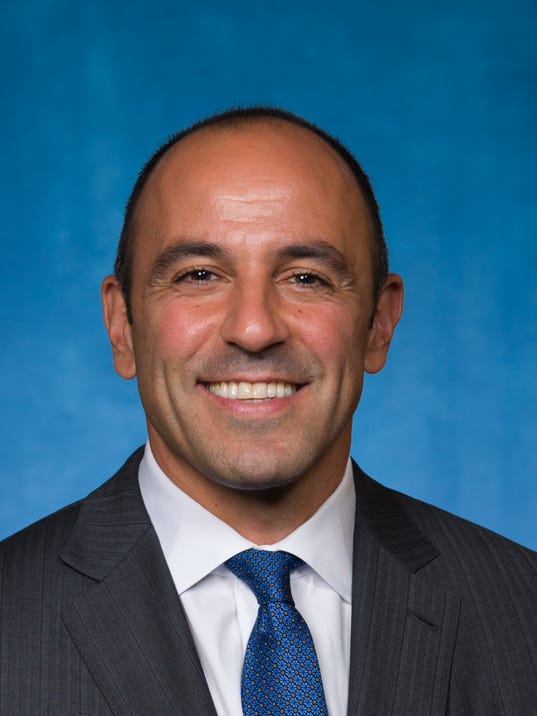
District 20 Congressman Jimmy Panetta (CA-20), along with District
5 Congressman Mike Thompson (CA-05), chairman of the House Gun Violence Prevention
Task Force, introduced the Armed Prohibited Persons Act of 2018 the week of April 23. This
legislation helps states launch initiatives to remove guns from convicted
felons and the dangerously mentally ill through a competitive grant program
within the Department of Justice. The program assists states in developing a
voluntary reference system that seeks separation of firearms from individuals
who legally relinquished their ownership rights by committing a crime or being
deemed dangerously mentally ill.
“Gun violence has become a daily reality for
communities across the country. As Congress works to address this epidemic, we
can start by supporting local law enforcement to connect with those whose
access to legal firearms has been curtailed by a court of law because of public
safety concerns,” said
Congressman Panetta. “This bill will not limit a law-abiding citizen's
Second Amendment Rights. Instead, it will expand states’ ability to removefirearms from those who are prohibited by law from possessing
them.”
“One of the quickest and
most effective ways to keep our communities safe from gun violence is to keep
guns out of the hands of individuals who are prohibited from having them in the
first place. The Armed and Prohibited Persons Act helps states do just that by
giving them the resources to launch programs that remove firearms from those
who prohibited from owning them and strengthen the background checks
system,” said Congressman Thompson. “This initiative has already
had results in our state of California. It is a step we can and must take right
now to help prevent gun violence.”
The bill will make grants available to States that:
· Develop programs with the goal of removing
firearms from armed prohibited persons;
· Provide assurances that an armed prohibited
person will have a reasonable opportunity to lawfully dispose of their firearms
before the State takes action to retrieve them;
· Will contribute pertinent information to the
National Criminal Instant Background Checks System (NICS); and
· Can sustain the operation of the proposed
program.
Comments
Post a Comment